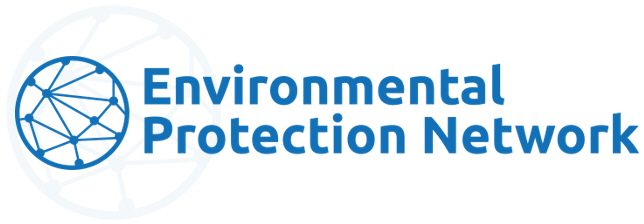FOR IMMEDIATE RELEASE
April 10, 2024
CONTACT:
Steven Fantes, Public Affairs Manager
617-817-1297 and steven.fantes@environmentalprotectionnetwork.org
Environmental Protection Network is Encouraged by EPA’s Restrictions on PFAS in Drinking Water and Urges Continued Focus on Polluters
Today, the Environmental Protection Agency (EPA) announced a final rule establishing national standards for PFAS in drinking water, allowing water systems up to five years to address their PFAS issues.
In response, Betsy Southerland, a volunteer with the Environmental Protection Network and the former Director of the Office of Science and Technology in EPA’s Office of Water, released the following statement:
“Today, 100 million Americans will know that toxic PFAS contaminants in their drinking water will finally be removed. Despite enormous pressure to weaken the first national PFAS drinking water standards, EPA finalized them as proposed, restricting 6 PFAS chemicals individually and in combination with each other. EPA did not back off their proposal because the standards are derived from the best available science on the health effects of these chemicals and the effectiveness of readily available treatment technology. The technology to comply with these standards is so effective it will improve the overall quality of drinking water, removing many unregulated contaminants including other PFAS chemicals, pesticides, and pharmaceuticals. As a result, EPA estimates that the actual annual benefits of this rule will far exceed $1.5 billion. Now EPA and the states need to accelerate their efforts to stop ongoing PFAS releases to our land, air, and water and to clean up existing PFAS contamination.”
Betsy Southerland is available to speak to the media about the updated rule and its effects on public health and the environment.
###
About Betsy Southerland: Dr. Elizabeth Southerland was with the EPA for 30 years, serving as director of science and technology in the agency’s Office of Water, before retiring in 2017. She has remained active on environmental issues as a member of the Environmental Protection Network, and regularly testifies before Congress about clean water issues, PFAS, and emerging, unregulated contaminants.
###
ABOUT THE ENVIRONMENTAL PROTECTION NETWORK
Founded in 2017, the Environmental Protection Network harnesses the expertise of more than 650 former EPA career staff and confirmation-level appointees from Democratic and Republican administrations to provide the unique perspective of former scientists and regulators with decades of historical knowledge and subject matter expertise.

